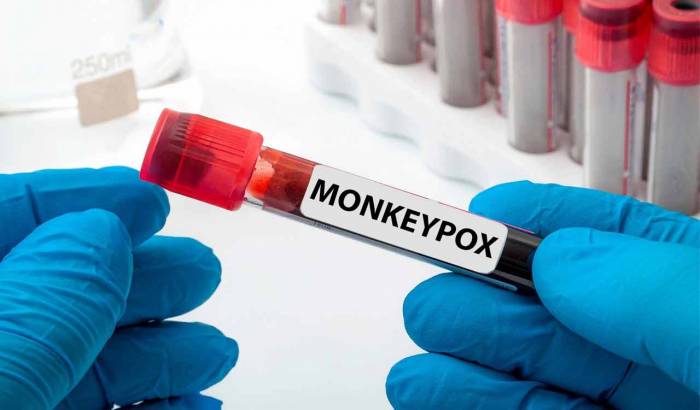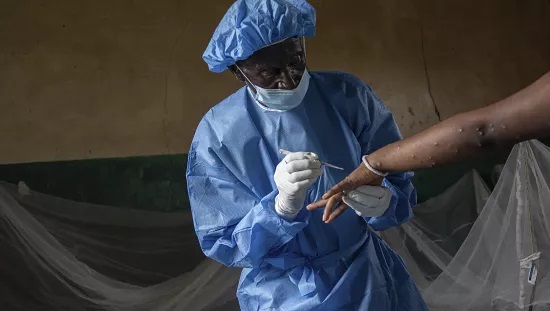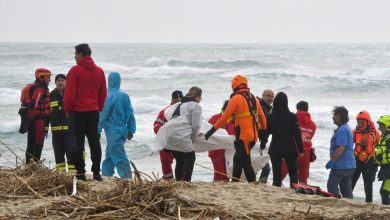WHO approves first rapid diagnostic test for Mpox

The World Health Organization (WHO) has approved the first diagnostic test for mpox that provides immediate results, a development that could be crucial in curbing the global rise of the deadly virus.
The new PCR test can detect mpox DNA from swabs of skin lesions, unlike the current method where samples are sent to a laboratory, with patients and medical staff waiting days for results.
Limited testing capacity and delays in confirming cases remain a significant challenge in Africa, exacerbating the spread of mpox, formerly known as monkeypox.
According to the WHO, out of more than 30,000 suspected cases in Africa this year, less than 40% have been confirmed through testing.
Yukiko Nakatani, WHO’s assistant director-general, hailed the new test as “a significant milestone,” stating that increasing access to quality diagnostic tools is essential to help countries contain the virus and protect vulnerable populations, particularly in underserved regions.
This breakthrough comes as the Democratic Republic of the Congo (DR Congo), which has reported the highest number of cases, prepares to begin an mpox vaccination program on Saturday.
The virus, which is highly contagious, has claimed at least 635 lives in DR Congo this year.
In August, WHO declared mpox a global public health emergency for the second time in two years, due to rising cases in DR Congo and the virus spreading to neighboring countries like Burundi, Uganda, and Rwanda.

Some Western nations have contributed mpox vaccines to help fight the outbreak in Africa, but reports indicate a pressing need for more doses.
Rwanda, which became the first African country to administer mpox vaccines last month, is set to receive an additional 5,000 doses on Friday, as confirmed by the Africa Centres for Disease Control and Prevention (Africa CDC).
In Nigeria, a vaccination drive is scheduled to begin next Tuesday, Africa CDC added. In DR Congo, healthcare workers on the frontline and those in close contact with infected individuals will be prioritized for vaccination, utilizing 200,000 doses donated by the European Commission.
Source-BBC





